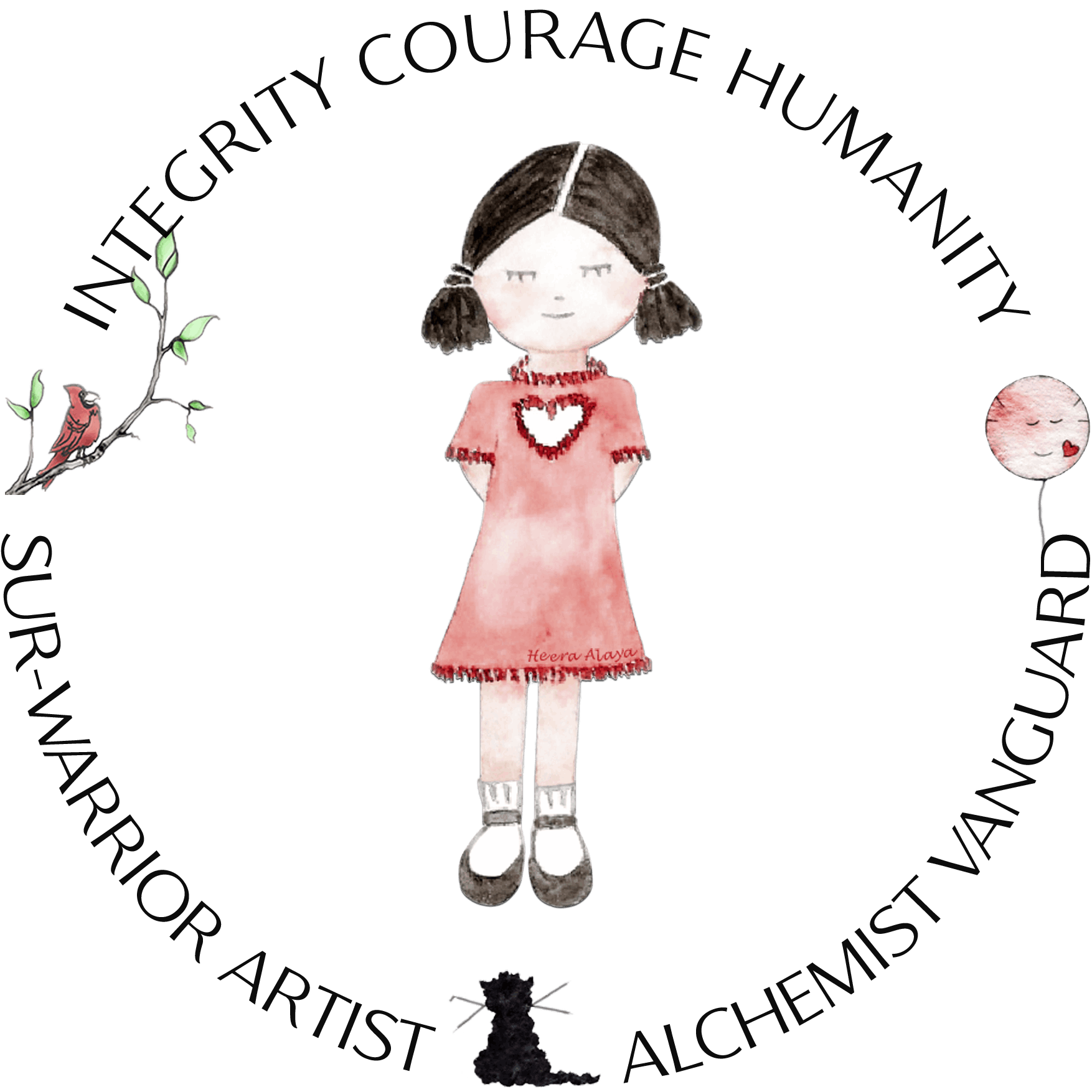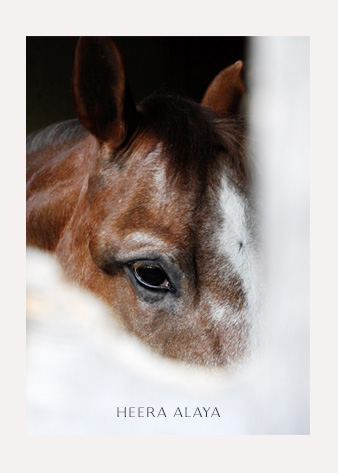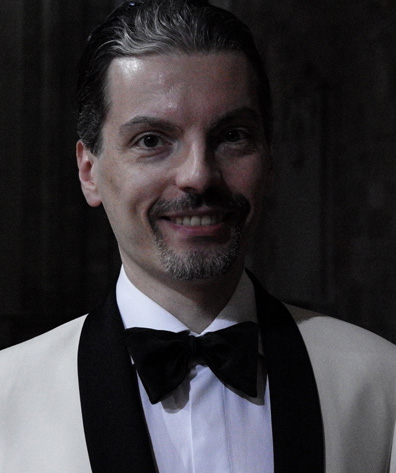
“I started accompanying singers at 18,
and my work with singers is straightforward
—I hear with my heart.”
MAESTRO DIEGO FIORINI
Pianoforte, IT
March 8th, 2023
OPEN WINDOWS | In Conversation
Heera Alaya: I remain transfixed after experiencing back-to-back concerts at The Church of San Giovanni [Lucca, Italy], which makes meeting you in person all the more special. Thank you for accommodating me.
Maestro Diego Fiorini, I am glad you enjoyed the concerts. Thank you for coming.
As a pianist, you are the glue—accompanying various singers. Are there any challenges to your role?
I started accompanying singers at 18, and my work with singers is straightforward—I hear with my heart.
Do opera singers practice with you ahead of the concerts?
We [opera singers and pianists] don’t practice before a performance.
Do opera singers, say, a tenor and soprano, practice with each other before a performance?
Rarely [practice together].
I would not have guessed [the absence of rehearsals]. Watching your [pianoforte, soprano and tenor] thoroughness with repertoires and performances off of each other is incredible.
When the opera singers take a break, you continue to perform solo. Does the non-stop performance tire you?
Yes [playing the piano gets tiring]. When I play solo, I must think of being the pianist. When I accompany the singers, I must think I am just a carpet or a curtain—my personality is over.
You have differentiated your roles.
Yes. Knowing when to take the stage and when to be the support is important.
Do you prefer being a soloist or an accompanist?
I enjoy both roles.
At what age did you start playing the piano? And why is the piano your musical instrument of choice?
I started playing the piano at eight and in public at 18. My grandfather was a Baritone [Opera singer], so I began listening to opera when I was young and instantly loved it.
I decided to study piano to start my musical career, thinking I would be a singer or a conductor in the future. I also learned violin composition but remained with my favourite instrument—the piano.
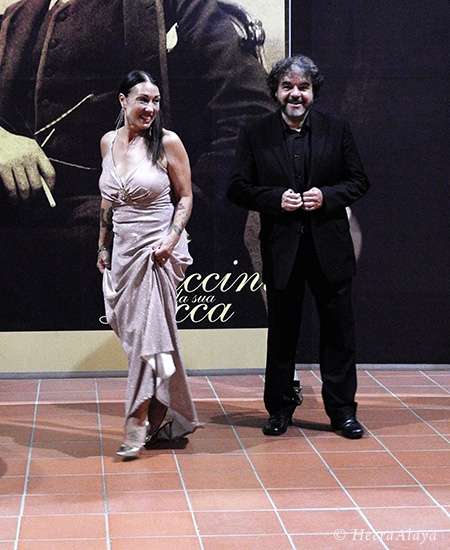
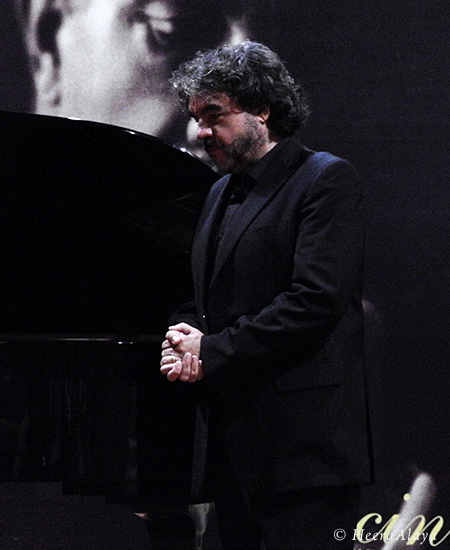
Do you practice the piano daily?
Yes, it is normal for me to practice for about two hours a day, not more.
How many days a week do you perform?
Six to seven days a week.
What does it take to perform nearly all days a week?
[Continuous performance takes] Strong mental discipline.
How do you carry yourself with poise and maintain a good posture while playing the piano?
Thank you. I practice the piano correctly. When you sit with the proper posture, everything flows naturally.
Your slim satchel has an elegant posture too.
[Smiles] It holds my music sheets.
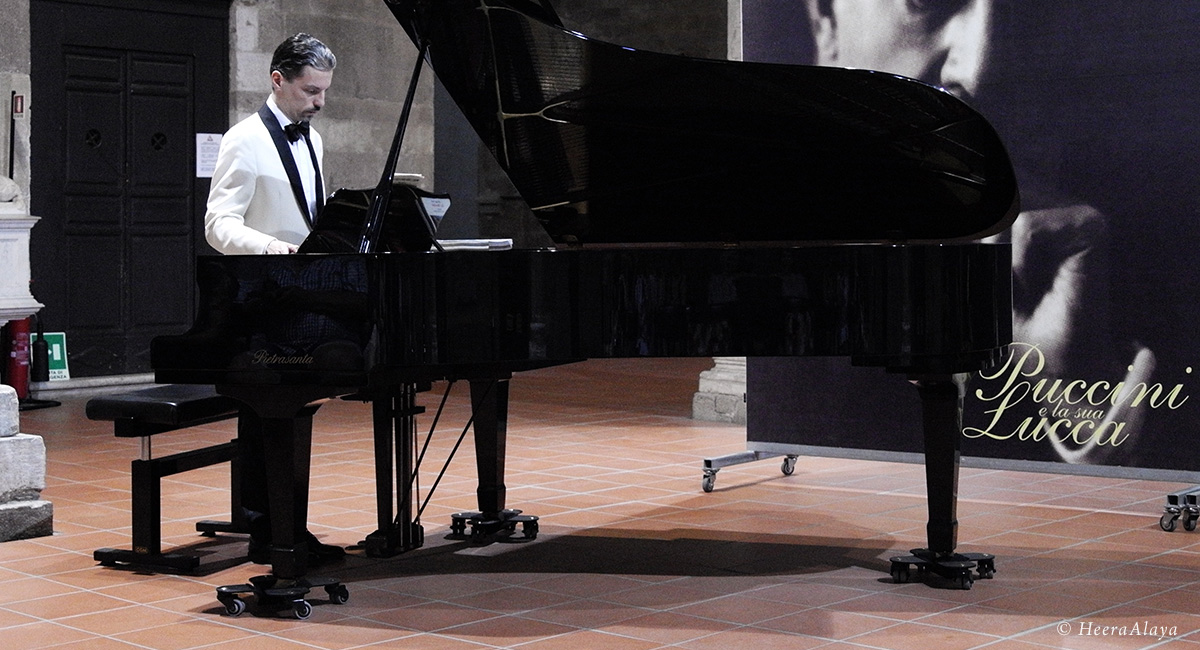
Do you have to be extra careful as a pianist to protect your hands while participating in certain activities?
Yes. For instance, playing tennis can hurt your wrist and cause you to lose flexibility. Lifting heavy things can cause strain.
With a packed schedule, can you carve out time to pursue other interests?
I have many interests but only a little time.
How do you deal with audience distractions while performing in a concert?
It is distracting to hear a phone ring or children screaming. But I am focused; I close my senses and carry on.
Being a Lucca native, do you prefer to be stationed in Lucca, or do you also play the piano in other cities?
I play [the piano] almost exclusively in Lucca. I have frequently travelled to London, Spain and France to present Puccini’s art.
What does it mean for you to perform at The Church of San Giovanni?
In Italia [Italy, a European country], it is not so unusual to perform inside a church. I have also played here [The Church of San Giovanni] as an organist at many weddings. So the church is my second house, and to play at San Giovanni, where Giacomo Puccini [Italian composer, whose renowned works include La bohème, Tosca and Madama Butterfly] was baptised, is special.
